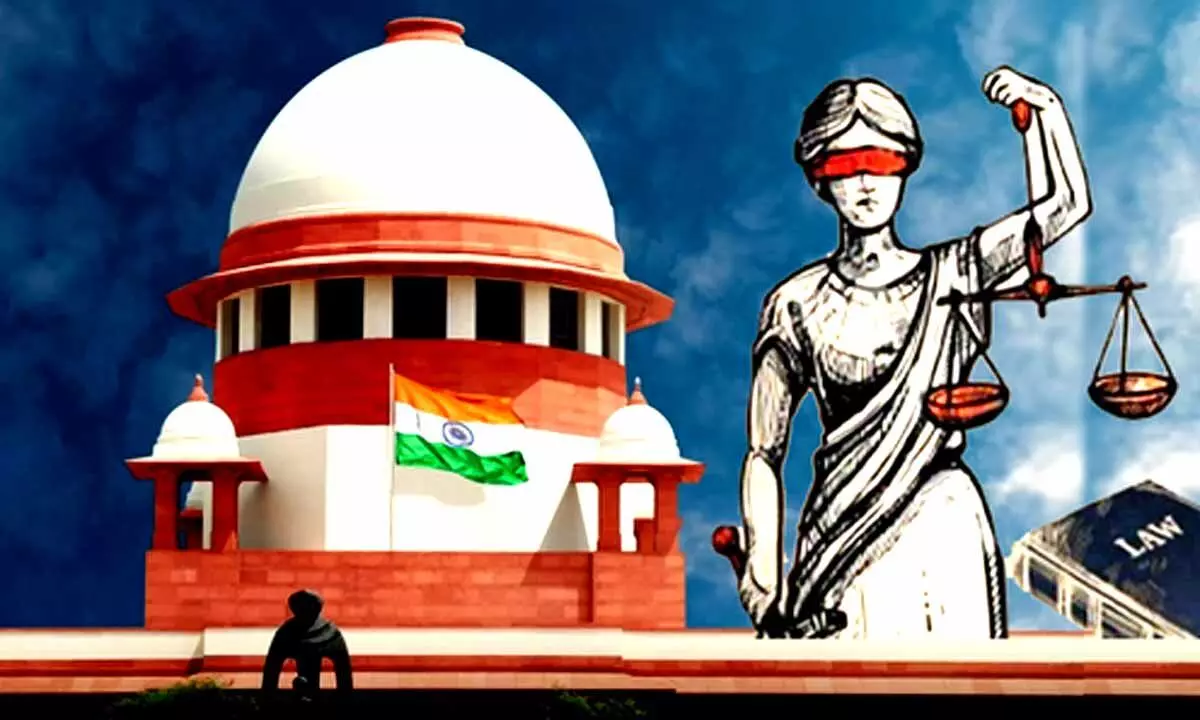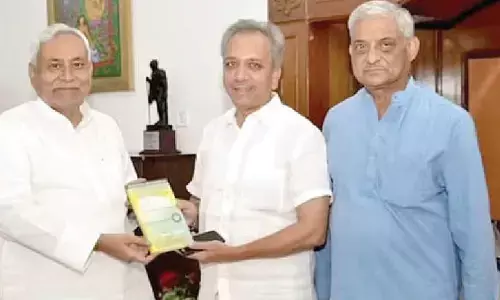Code of investigation for police required to be devised, says Supreme Court
Share :

Supreme Court of India
The Supreme Court has stressed that a code of investigation for police is required to be devised so that the guilty do not walk free on technicalities "as they do in most cases in our country".
New Delhi: The Supreme Court has stressed that a code of investigation for police is required to be devised so that the guilty do not walk free on technicalities "as they do in most cases in our country".
In its judgment, a bench of Justices B.R. Gavai, J.B. Pardiwala, and P.V. Sanjay Kumar said that it is deeply concerned with the "disappointing standards of police investigation" which seem to be the invariable norm.
The bench referred to the 2003 Report of Dr. Justice V.S.Malimath’s 'Committee on Reforms of Criminal Justice System' and 239th Report of Law Commission of India where it was observed that the principal causes of low rate of conviction in our country included inept and unscientific investigation by the police and lack of proper coordination between police and prosecution machinery.
"Despite passage of considerable time since these gloomy insights, we are dismayed to say that they remain sadly true even to this day," it said.
The apex court said that it is high time that a consistent and dependable code of investigation is devised with a mandatory and detailed procedure for the police to implement and abide by during the course of their investigation so that the guilty do not walk free on technicalities, as they do in most cases in our country.
"The manner in which the police tailored their investigation, with complete indifference to the essential norms in proceedings against the accused and in gathering evidence; leaving important leads unchecked and glossing over other leads that did not suit the story that they had conceived; and, ultimately, in failing to present a cogent, conceivable and fool-proof chain of events pointing to the guilt of the appellants, with no possibility of any other hypothesis, leaves us with no option but to extend the benefit of doubt," said the Supreme Court while setting aside the conviction and sentences of all the three accused on all counts.
The top court was considering a criminal appeal against an order of the Madhya Pradesh High Court confirming the death penalty for two of the accused in a 2013 murder case of a 15-year old boy.
In early September, the Supreme Court had said that India does not have a sentencing policy till date and in the absence of such guidelines in India, the courts go by their own perception about the philosophy behind the prescription of specified penal consequences for a particular crime taking aggravating and mitigating circumstances of a case into consideration.










